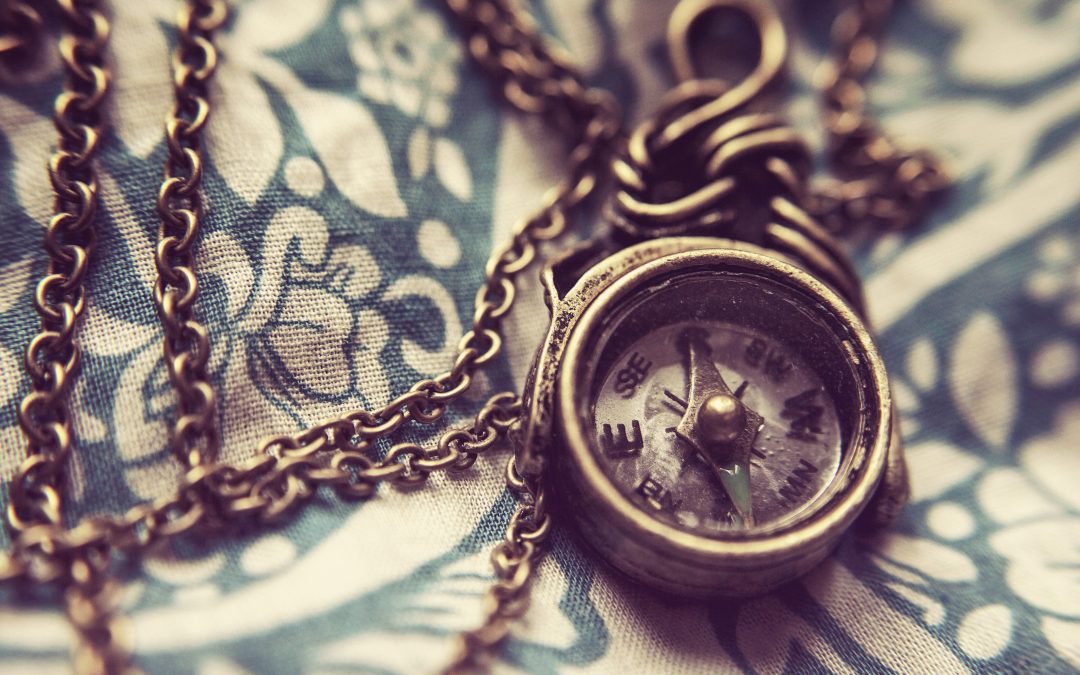For the last several months, I’ve been obsessively researching fairy tales, myths, and stories. I’ve started at the beginning—traced the stories all the way back to the oral tradition, before scribes wrote them down. And what I’ve found has been profound.
Again and again and again I am reminded of this: Stories are so incredibly important.
During the days of oral storytelling, bards recorded history, politics, religion, societal shifts, and all sorts of important nuances within their spoken words. People would eagerly gather around fires or tables or small circular patches of land to hear some of the most respected people, besides kings and queens, tell the stories of where they all came from, what made them who they are, how they could avoid the pitfalls of the past. Bards gave voice to vital lessons learned, warnings, mistakes and the subsequent consequences of those mistakes. They recorded life so that better life could be lived.
This is the gift of history.
We may not be a society that is strictly dependent on the oral tradition anymore, but books, specifically, hold important keys to the past. In one year, I will have a book publish in the traditional world that holds up a magnifying glass to the surprising desegregation battle in Houston, Texas, specifically in the Houston School District. They were late to the equal rights party, didn’t desegregate until the federal government stepped in and said they had to. Some white parents in the district even went so far as to attempt beginning their own school district intended for only white children, an attempt that was shot down in court.
You won’t find this information in the history books. In fact, I have on my bookshelf a book that details the history of the city of Houston, and not anywhere in this book is it mentioned that this was the reality for the Houston School District in 1971 and 1972. I had to scour legal documents to even find the information I was looking for. It happened. We forgot.
Sometimes we also forget, in light of shady pasts, that it’s important to tell our stories. This story needs telling. It shows us who we have been so that we can choose to be someone better. It shows us the mistakes of the past so that we can avoid their pitfalls in the future.
This is the power of stories. And it is precisely what the bards of the past were doing in their oral tradition. They were recording so that we would remember, so that mankind could become what it is today, so that we would learn and grow and take heed of it all and write a better story. In myths and legends, people died for foolish mistakes, for misunderstandings, for passionate pursuits that missed the mark. People continue to die today. So we, as a people, as human beings, as a love community in action, continue pressing forward for a better world.
We do this by telling our stories. We do it by telling the stories of others. We do it by remembering the past in its (sometimes less-than-stellar) entirety.
Every now and then my husband and I linger a little longer with our children, over a dinner that has long been consumed, and we tell stories about when Mama and Daddy were younger. I tell about my occasional rebellions, my relationship with my father, the time a rattlesnake camped out on our front porch and we were stuck inside the house until my mother took my father’s shotgun and blew snake brains all over the screen door.
My kids love these stories. They ask for them again and again and again. They are the myths and legends and fairy tales of our family. They show us who we have been and who we can choose to be now.
Keep your stories alive.
For more writings like this (and exclusive book recommendations, first looks at writing projects, and much more), sign up for Rachel’s monthly email newsletter. You’ll also get a few free books while you’re at it.


